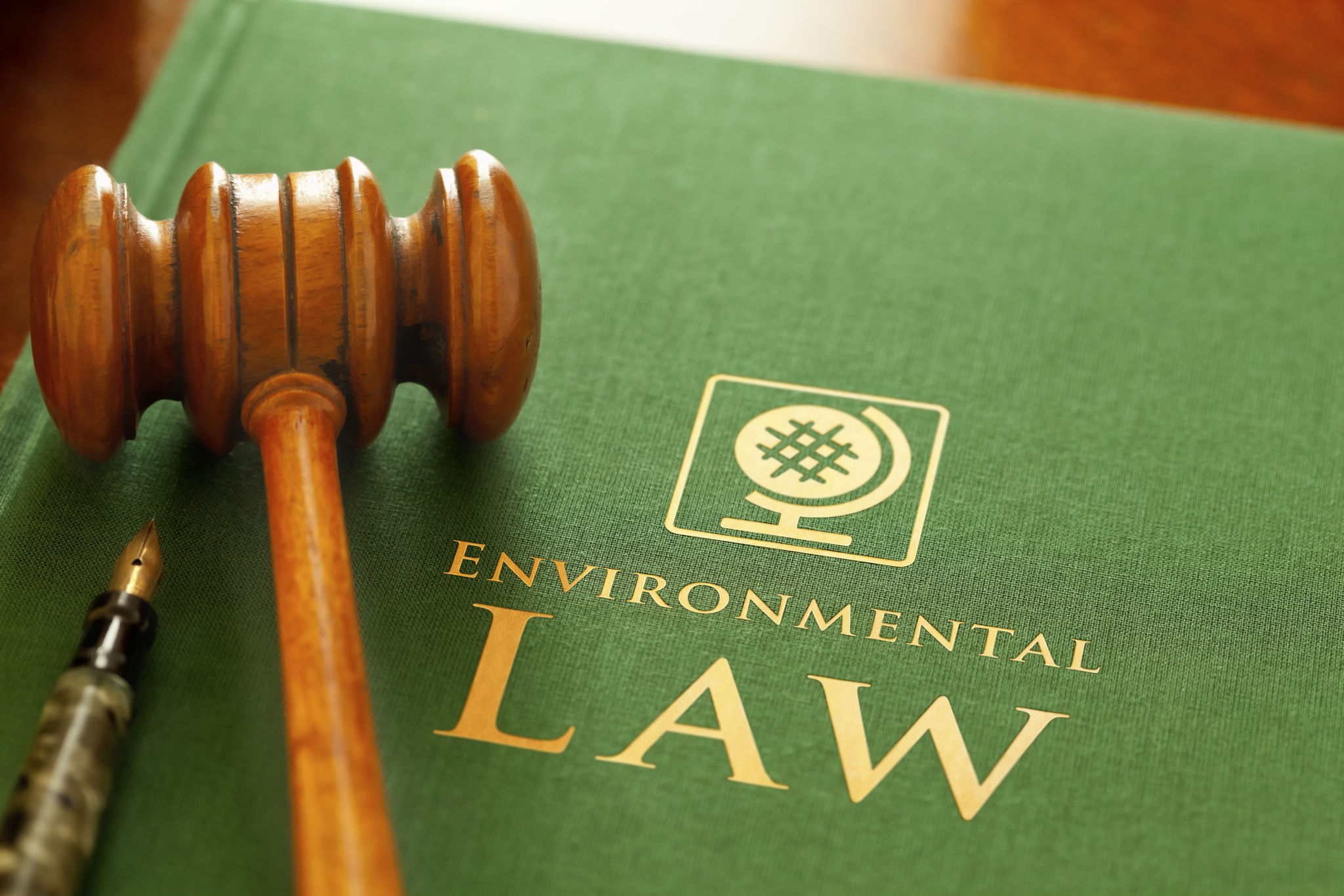Navigating the Complexities of Hazardous Waste Regulations in Manila
Understanding the Basics of Hazardous Waste Regulations
Manila, like many bustling urban centers, faces significant challenges when it comes to managing hazardous waste. The complex regulatory landscape requires businesses and individuals to stay informed to ensure compliance. Understanding the basic framework of hazardous waste regulations in Manila is essential for anyone involved in activities that generate or handle such waste.
The regulations are primarily guided by the Department of Environment and Natural Resources (DENR) through its Environmental Management Bureau (EMB). Businesses must comply with the standards set by the Republic Act No. 6969, otherwise known as the "Toxic Substances and Hazardous and Nuclear Wastes Control Act of 1990." This act outlines the responsibilities of waste generators, transporters, and facilities involved in the treatment, storage, and disposal of hazardous waste.

Key Regulations and Compliance Requirements
To navigate these regulations effectively, it's crucial to comprehend the specific compliance requirements laid out by the EMB. These include obtaining the necessary permits and licenses, adhering to waste management protocols, and maintaining accurate records of waste generation and disposal.
Companies are required to register with the EMB as hazardous waste generators. This registration involves submitting detailed information about the types and quantities of waste produced, as well as the methods used for disposal. Additionally, businesses must ensure that their waste management practices align with the EMB's guidelines to prevent environmental contamination.

The Role of Waste Transporters and Facilities
Transporters and facilities play a critical role in the hazardous waste management process. They must possess valid permits to operate and adhere to stringent transportation and storage regulations to minimize risks to public health and the environment. Proper labeling, packaging, and documentation are essential components of safe transportation practices.
Facilities that treat, store, or dispose of hazardous waste must employ advanced technologies and practices to mitigate environmental impact. Regular inspections by the EMB ensure compliance with established standards and promote the safe handling of hazardous materials.

Challenges and Best Practices for Compliance
Despite the clear guidelines provided by regulatory bodies, businesses often face challenges in achieving full compliance. The complexities involved in hazardous waste regulations can be daunting, especially for small enterprises with limited resources. Common issues include inadequate staff training, lack of awareness about regulatory changes, and insufficient infrastructure for waste management.
To overcome these challenges, businesses should invest in comprehensive training programs for employees, stay updated on regulatory developments, and collaborate with certified waste management companies. Implementing best practices not only ensures compliance but also enhances operational efficiency and reduces potential liabilities.

The Importance of Public Awareness and Engagement
Public awareness and stakeholder engagement are crucial elements in the effective management of hazardous waste in Manila. Educational campaigns aimed at both businesses and the general public can foster a culture of environmental responsibility and compliance.
Community involvement in monitoring waste management activities can also serve as a valuable tool for identifying potential issues and promoting transparency. Encouraging public participation in discussions about hazardous waste policies helps build trust between regulators, businesses, and the community.

Looking Ahead: Future Trends in Hazardous Waste Management
The future of hazardous waste management in Manila lies in innovation and collaboration. Emerging technologies such as digital tracking systems, automated monitoring tools, and sustainable treatment methods are set to revolutionize how hazardous waste is managed.
Furthermore, international cooperation on best practices and technological exchanges can accelerate progress in this field. As Manila continues to grow, adopting forward-thinking strategies will be crucial in addressing the challenges posed by hazardous waste while safeguarding public health and environmental quality.
